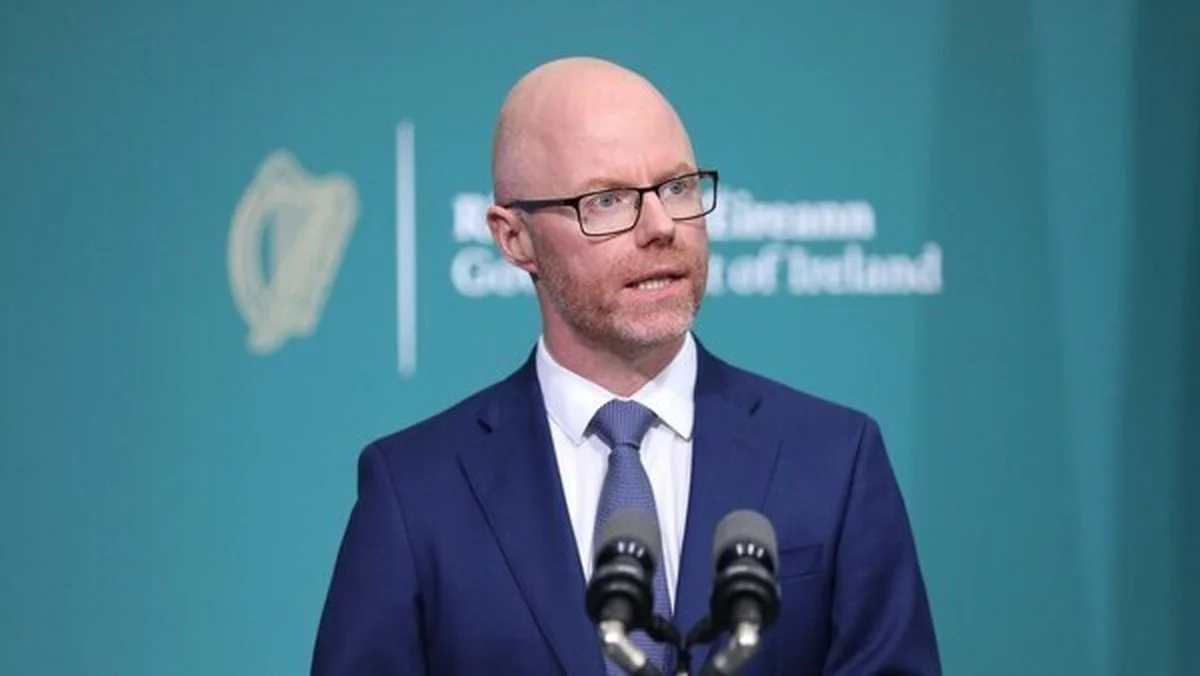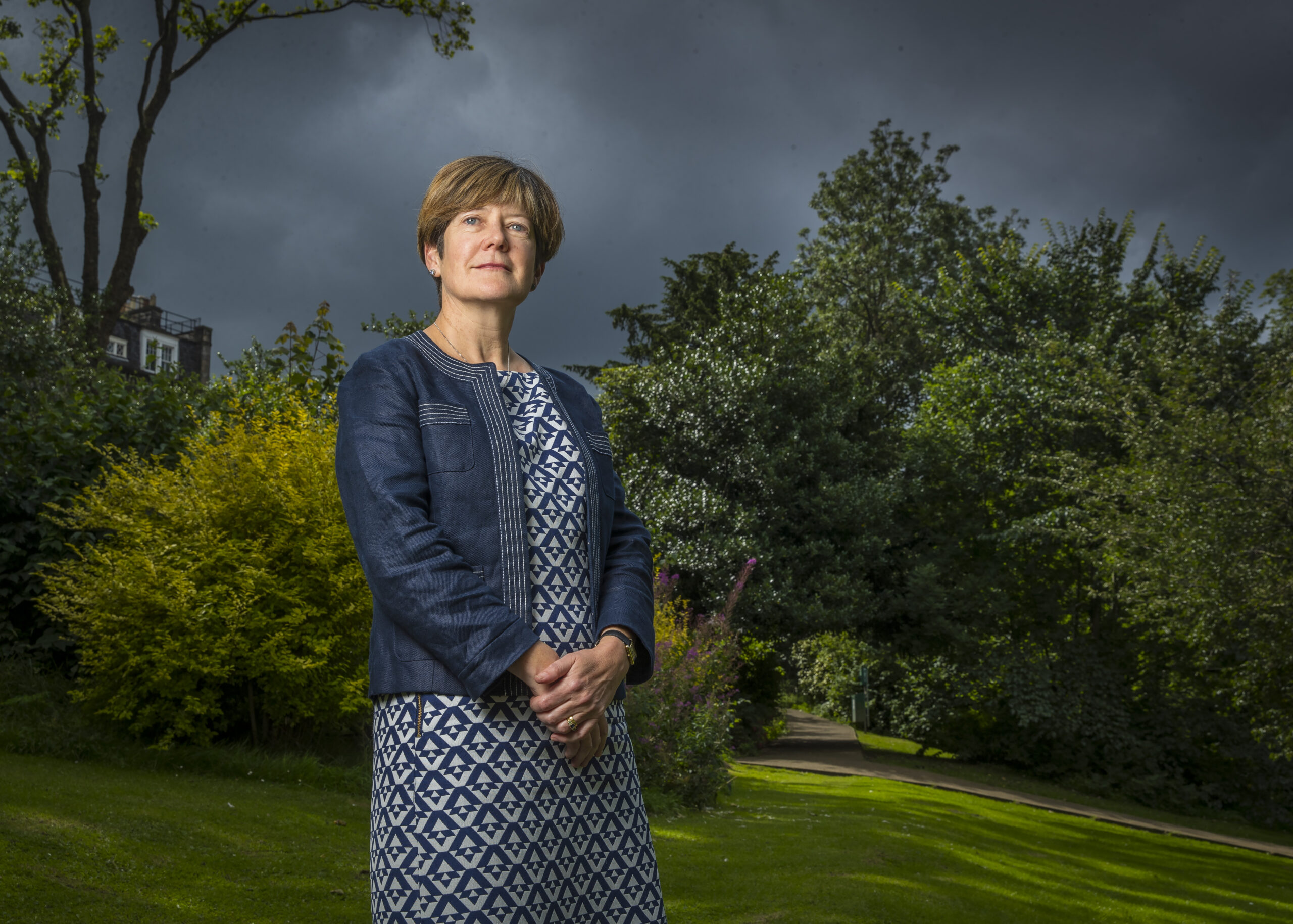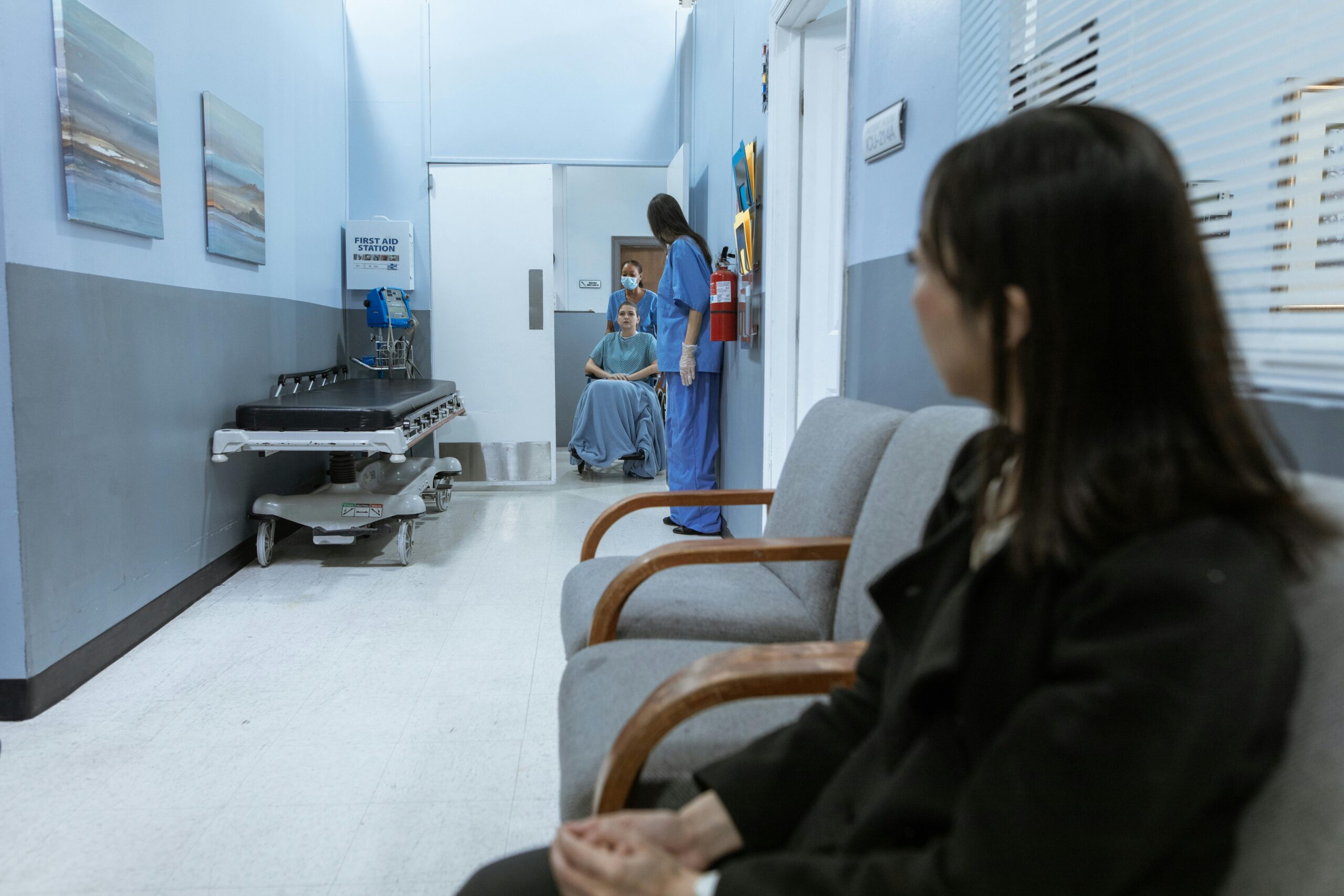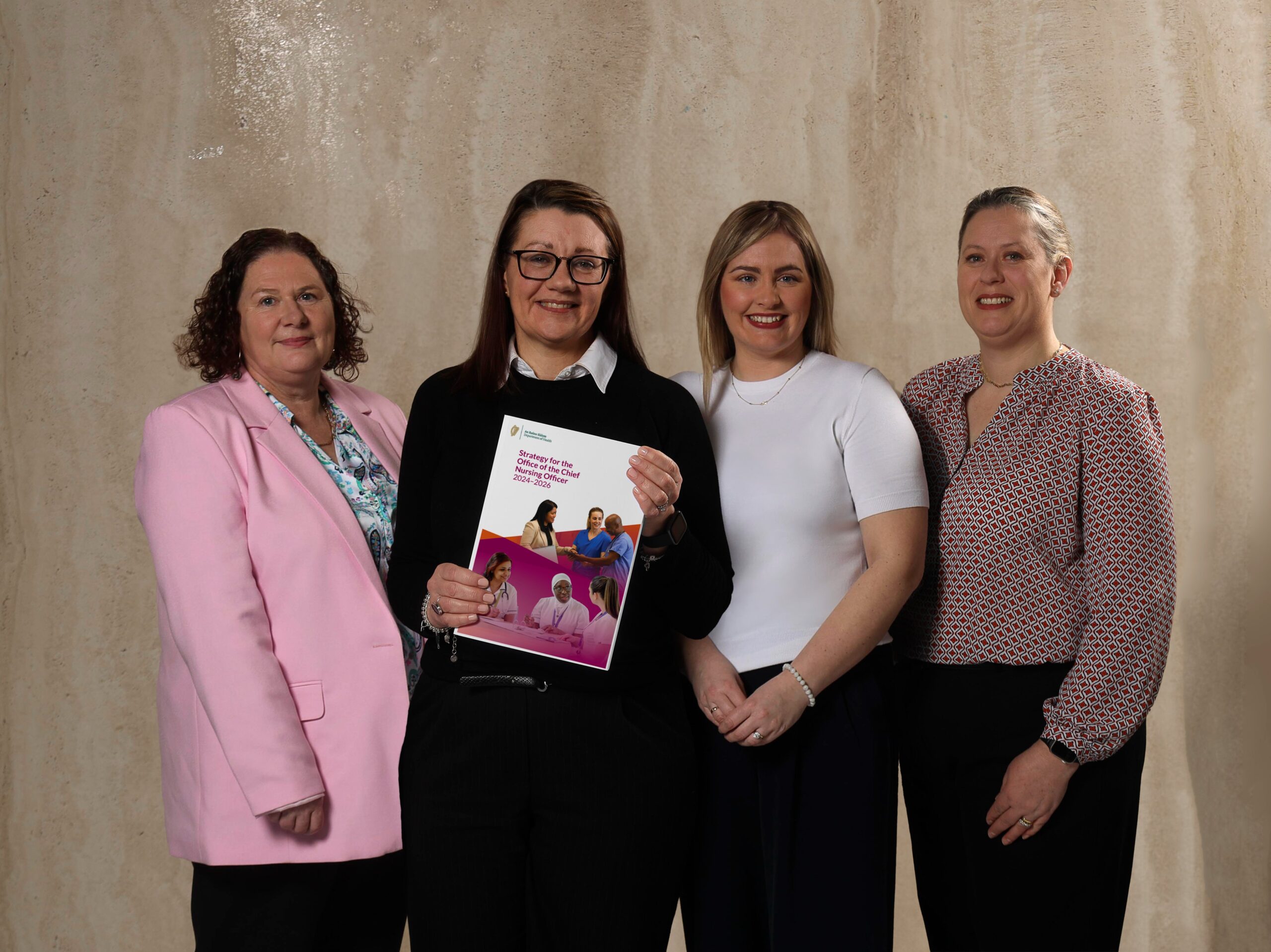Ministers and Chief Medical Officer launch the Irish Health Behaviour in School-aged Children (HBSC) 2022 Study

Minister for Public Health, Wellbeing and the National Drugs Strategy, Colm Burke T.D., Minister for Mental Health and Older People, Mary Butler, and Chief Medical Officer, Professor Breda Smyth, today launched the Irish Health Behaviour in School-aged Children (HBSC) Study, 2022.
HBSC is an international research study conducted in collaboration with the World Health Organization (WHO) Regional Office for Europe and carried out by the Health Promotion Research Centre at the University of Galway on behalf of the Department of Health. The results are used to inform policy development.
More than 9,000 children in 191 schools participated in the survey which highlights both positive and concerning trends in health behaviours.
Topics include general health, smoking, use of alcohol and other substances, food and dietary behaviour, exercise and physical activity, self-care, injuries, bullying and sexual health behaviours. This Irish study also includes data on menstrual health and period poverty.
The research was carried out shortly after COVID-19 pandemic restrictions were lifted, following periods of school closures and remote learning, therefore the results represent a snapshot in time and must be viewed in this context.
Highlights from the survey include a decrease in the number of children who have smoked cigarettes (9% in 2022 vs 12% in 2018) and a decrease in the number of children who have smoked cannabis (6% in 2022 vs 8% in 2018). However, there was an increase in the number of 12-17 year olds who reported having used electronic cigarettes in the last 30 days (9% in 2018 vs 13% in 2022).
Since these data were collected, the sale of electronic vapes to minors has been banned, while further measures are also being progressed to protect young people from the harmful effects of addictive substances.
Minister Burke said, \”Huge strides have been made in recent years in order to reduce tobacco use among young people, including anti-smoking campaigns, smoke-free initiatives and educational programmes.
\”While the report illustrates a concerning rise in e-cigarette use, my department has taken decisive action to combat this trend. The Public Health (Tobacco Products and Nicotine Inhaling Products) Act was signed into law last December, prohibiting the sale of nicotine-inhaling products to minors. I look forward to seeing the impact of this measure reflected in the next HBSC report and I’m committed to working to implement additional measures that will further deter young people from smoking and vaping.\”
The report also showed a welcome increase in the number of children who reported never having consumed an alcoholic drink, up from 66% in 2018 to 69% in 2022. However, the proportion of children reporting having had a drink within the last 30 days (19%) or ever having been really drunk (18%) has remained stable since 2018.
Minister Burke added, \”It is absolutely critical that we continue to focus our efforts on the reduction of alcohol and drug-related harm. Prevention is a cornerstone of our National Drugs Strategy – Reducing Harm, Supporting Recovery. We have made good progress with the Public Health (Alcohol) Act, the main aims of which include reducing alcohol consumption, delaying the age at which young people start drinking alcohol and regulating its sale and supply.\”
Children were questioned about their experience of living through the COVID-19 pandemic. Notably, there were some positive effects with children reporting a positive impact on their physical activity and their relationships with their family. The two most negatively affected aspects of life were mental health and school performance. However, the timing of the study fieldwork, immediately following the lifting of pandemic-related restrictions in schools, may in part explain the reduction in the proportion of children reporting feeling very happy with their lives, falling from 42% in 2018 to 28% in 2022.
Commenting on the findings, Minister Butler said, \”The emotional wellbeing of our children is a pressing concern. The statistics are not just numbers; they represent the struggles, aspirations, and vulnerabilities of the young people we are entrusted to nurture. Increasing and expanding support for our young people is a priority for me, my colleagues in the Education sector and for the wider government.
\”All aspects of mental health are being improved under our national Mental Health policies Sharing the Vision, Connecting for Life and the HSE Annual Service Plans. This takes account of the lessons arising from COVID-19, increasing demand for services and indeed case complexity.
\”The 2024 Health Budget has increased mental health spending to over €1.3 billion, the fourth consecutive year of increase. €146.5 million has been allocated to Child and Adolescent Mental Health Services (CAMHS) in 2024, with an additional €110 million provided to community-based mental health organisations/NGOs, a significant portion of which is dedicated to supporting young people.
\”Furthermore, in January I announced an additional €10 million funding to support clinical programmes, with a specific focus on improving access to youth mental health services, better integration between services and embedding innovative service models. This additional funding will also support further recruitment across youth mental health services including prevention and early intervention mental health supports. This again highlights the government’s recognition of mental health as a central component to overall health.
\”It is also important to acknowledge that for the first time in the history of the State we now have a dedicated National Office for Child and Youth Mental Health in the HSE. This is a very significant development which will improve leadership, operational oversight, and management of all service delivery and improvements. A key focus for the Office is the delivery of strengthened and more integrated supports for child and youth mental health care across Ireland.\”
The survey also reported an increase in the proportion of children being cyberbullied, from 15% in 2018 to 18% in 2022. There are a number of resources, programmes and initiatives ongoing to support young people’s mental health in schools and to prevent bullying. These include the ongoing work of the National Educational Psychological service, the new Digital Strategy for Schools, 2022-2027, the Webwise Internet Safety Programme, the new Oide support service for teachers and school leaders, ongoing development of the Social, Personal and Health Education (SPHE) curricula at both primary and post-primary levels, and the Cineáltas Action Plan on bullying.
Overall, 25% of 15 to 17-year-olds reported that they have ever had sexual intercourse, which remains broadly unchanged from 2018 (25%). However, of those who reported having had sex; 34% said that they or their partner used no contraception at last sexual intercourse, which increased from 2018 (22%). Since these data were collected, contraception has been made available free of charge to women aged 17 to 31 under the Free Contraception Scheme.
Professor Breda Smyth said, \”The Free Contraception Scheme is a landmark initiative that enables women to make responsible decisions about their reproductive health. Uptake of the scheme has been very positive to date and I look forward to seeing its impact reflected in the results of the next HBSC survey in 2026.
\”The scheme is part of an expanding suite of resources, including the National Condom Distribution Scheme, which are designed to support positive sexual health among our population. Much progress has been achieved in making comprehensive information resources available, both through school curricula and the HSE’s www.sexualwellbeing.ie, which will help to reduce the numbers not accessing contraception and reduce the risk of unintended pregnancy and STIs among young people.\”
Professor Colette Kelly, Co-Principal Investigator of the HBSC Ireland research team at the Health Promotion Research Centre at the University of Galway, said, \”We are delighted to present this report to the Ministers, demonstrating continued improvement in some areas of child health and wellbeing, but also highlighting key areas where ongoing focus will be required at school, family, community and health service levels.\”
\”It is vital to respond decisively to the high rates of e-cigarette use, the challenges in mental health and the lack of contraceptive use illustrated in this, our seventh national HBSC report.\”
(Source: Department of Health)
You might also like
For relevant updates on Emergency Services news and events, subscribe to EmergencyServices.ie









